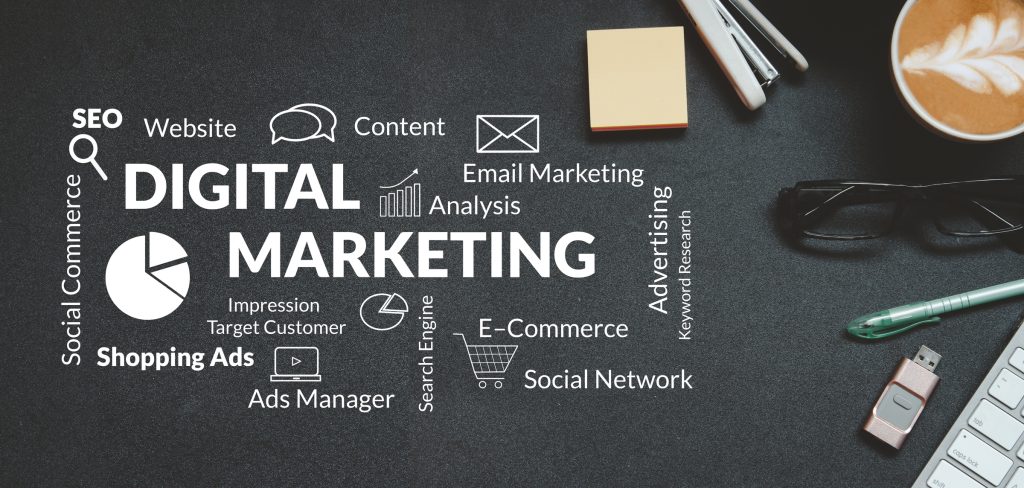Pay-per-click (PPC) is an internet marketing model where advertisers pay a fee each time one of their ads is clicked. In other words, it is a way of buying traffic to your website, rather than earning it organically through search engine optimization (SEO) or other marketing strategies. This method of advertising has become increasingly popular in recent years, with businesses of all sizes using PPC to promote their products and services online. In this article, we will explore the ins and outs of PPC, including its benefits, best practices, and potential pitfalls.
PPC can be a highly effective way to generate traffic and leads for your business. One of the main benefits of PPC is that it allows you to target your ads to specific keywords, locations, and demographics, which can increase the relevance and effectiveness of your ads. For example, if you sell pet food, you can create ads that target people searching for terms like “dog food” or “cat food” in your local area. This way, you can be sure that your ads are reaching the right people at the right time.
Another advantage of PPC is that it can produce results quickly. Unlike SEO, which can take months or even years to show results, PPC ads can start generating traffic and leads almost immediately. This is especially useful for businesses that need to generate leads quickly, such as those in highly competitive industries or those that are launching a new product or service.
However, PPC is not without its challenges. One of the biggest challenges of PPC is that it can be expensive, especially for highly competitive keywords. This is because advertisers bid against each other for ad placement, and the highest bidder gets the top spot. This means that if you are bidding on a keyword that many other advertisers are also targeting, the cost per click (CPC) can be very high, which can quickly eat into your advertising budget.
To avoid overspending on PPC, it is important to set a budget and stick to it. This can be done by setting a daily or monthly budget for your campaigns, and by monitoring your campaigns regularly to ensure that you are getting a good return on investment (ROI). It is also important to continually optimize your campaigns to improve their performance over time. This can be done by testing different ad copy, targeting options, and bidding strategies to see what works best.
Another potential pitfall of PPC is that it can be difficult to create effective ads that stand out from the competition. With so many businesses competing for ad space, it can be a challenge to create ads that are both eye-catching and relevant to your target audience. To create effective ads, it is important to focus on your unique selling proposition (USP) and to highlight the benefits of your products or services. It is also important to use clear and concise language, and to include a strong call-to-action (CTA) that encourages people to click on your ad.
When it comes to PPC, there are a few best practices that can help you maximize your results. First and foremost, it is important to do your research and choose the right keywords to target. This involves identifying keywords that are relevant to your business, have a high search volume, and are not too competitive. You can use tools like Google Keyword Planner to find keyword ideas and to estimate the search volume and CPC for each keyword.
Once you have chosen your keywords, it is important to create ad copy that is both relevant and compelling. This means including your keywords in your ad headlines and descriptions, and focusing on the benefits of your products or services. It is also important to use high-quality images or videos that grab people’s attention and encourage them to click on your ad.
In conclusion, pay-per-click (PPC) advertising can be a highly effective way to generate traffic and leads for your business. It allows you to target specific keywords, locations, and demographics, and can produce results quickly. However, it is not without its challenges. PPC can be expensive, and it can be difficult to create effective ads that stand out from the competition. To succeed with PPC, it is important to set a budget and stick to it, to focus on your unique selling proposition, and to continually optimize your campaigns to improve their performance over time.
One of the biggest advantages of PPC is its ability to produce results quickly. This can be especially useful for businesses that need to generate leads quickly or that are launching a new product or service. PPC also allows you to target your ads to specific keywords, locations, and demographics, which can increase their relevance and effectiveness.
However, to succeed with PPC, it is important to set a budget and stick to it. PPC can be expensive, especially for highly competitive keywords. It is also important to continually optimize your campaigns to improve their performance over time. This involves testing different ad copy, targeting options, and bidding strategies to see what works best.
Overall, PPC can be a highly effective way to generate traffic and leads for your business, but it requires careful planning and ongoing optimization to succeed. By following best practices and continually refining your campaigns, you can create effective PPC ads that help you reach your business goals.
___
by Thomas Theodoridis
source: PPCmate









